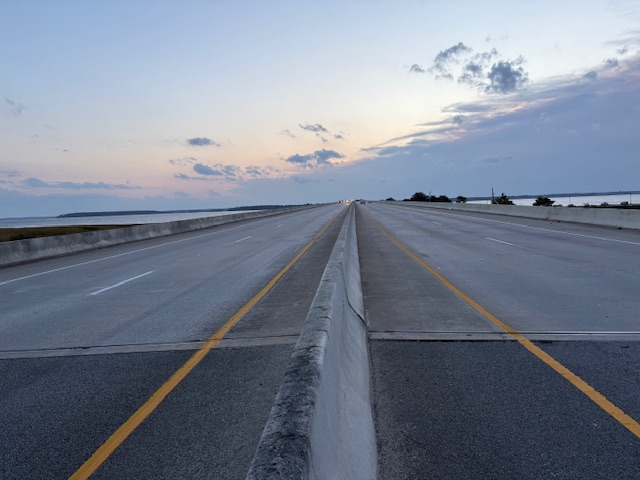What would our late State Sen. Clementa Pinckney think?
Yes, the city of Beaufort and the town of Bluffton received this year all the body-worn camera money they requested. But the Beaufort County Sheriff’s Office received about 15 percent of its request, and the sheriff’s experience is typical across the state.
To meet the $40 million needed for body cameras, the legislature has so far offered up $5.8 million, with a suggestion that they will add another $2.4 million next year.
What does Sen. Pinckney have to do with it?
In the wake of the fatal shooting of Walter Scott by a North Charleston police officer last year, Sen. Pinckney pushed the nation’s first statewide police body-worn camera law through the South Carolina state legislature. The new law provided that “all state and local law enforcement officers must be equipped with body-worn cameras.”
A remarkably clear video of the April 4, 2015, shooting happened to have been made by a bystander, and once that video surfaced there was little doubt that Scott had been shot multiple times in the back as he sought to flee from the officer who had stopped him for a broken tail-light. North Charleston police officer Michael Slager is currently awaiting trial in connection with the shooting.
The bystander’s video shocked Sen. Pinckney and the nation. At the senator’s urging, South Carolina enacted the Body-worn Camera Bill on June 10, 2015.
A week later, on June 17, Sen. Pinckney was assassinated as he presided over a Bible study class at the Mother Emanuel A.M.E. Church in Charleston, where he was senior pastor.
In the days and weeks following the Mother Emanuel tragedy, South Carolina’s Body-worn Camera Bill emerged as a central tenet of Sen. Pinckney’s legislative legacy.
But now, a year later, passions have cooled and the program is faltering. The recent shootings of police officers in Baton Rouge, La., Dallas and now San Diego suggest the program should not be scuttled.
The problem is a familiar one: the money. Body cameras cost $400 to $600 apiece, and there is substantial additional expense related to storing and managing the data they supply.
The new law provides that the South Carolina Public Safety Coordinating Council will provide “full funding,” and that local law enforcement agencies are not required to “implement the use of body-worn cameras” until full funding is provided. But what happens when the state comes up short?
The Beaufort County Sheriff’s Office, for example, applied for $473,000 to implement the program, and it has received word that it will receive $75,000 this year, or about 15 percent of its request. The situation in Jasper County is similar, where the sheriff’s office there received $22,178 of the $70,000-plus it requested.
The unfunded mandate pattern is familiar. The state passes a law and promises to pay the cost of its implementation, and it doesn’t appropriate sufficient monies to keep its promise.
Several years ago amidst a fury about drunken driving, the state passed a law requiring all South Carolina law enforcement agencies to use dashboard cameras. In the first year the state went out and bought a bunch of cameras and sent them around. Then it folded the program but didn’t rescind the law, leaving the local law enforcement agencies to maintain the program at their own expense.
Some did. Some didn’t.
Considered an effective program that helped to establish fairly both guilt and innocence in the courtroom, the dashboard camera program was retained by Beaufort County, which funded it from the county treasury.
Twice shy, this time around local law enforcement officials are skeptical. “We’ve been down this road before,” Beaufort Sheriff P.J. Tanner said last week. “If I had known they were going to do this, I’d have put $400,000 on the penny sales tax. We’re going to uphold the law, but it’s starting to look like it’s going to be Beaufort County’s taxpayers who are going to be paying for us to do so.”
Rep. Dennis Moss, R-Gaffney, agrees. He sits on the Public Safety Coordinating Council that determines how the money the legislature appropriates for body cameras will be spent. A few small local law enforcement agencies were the only ones to receive full funding, Moss explained last week. “And if the economy stays good,” he added, “we’ll put more money into that program next year.”
Would Sen. Pinckney be surprised how his program is turning out?
Probably not.
Would he be disappointed?
Yes.




